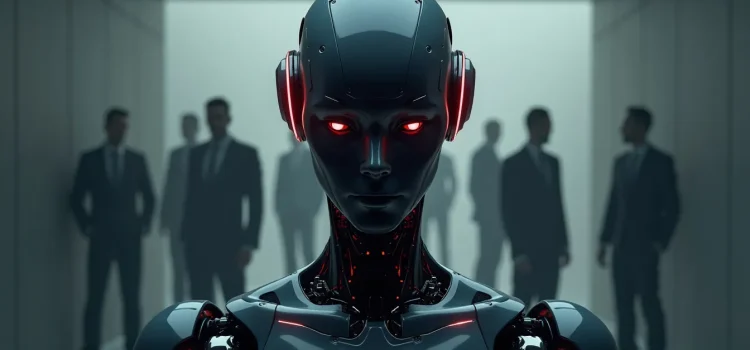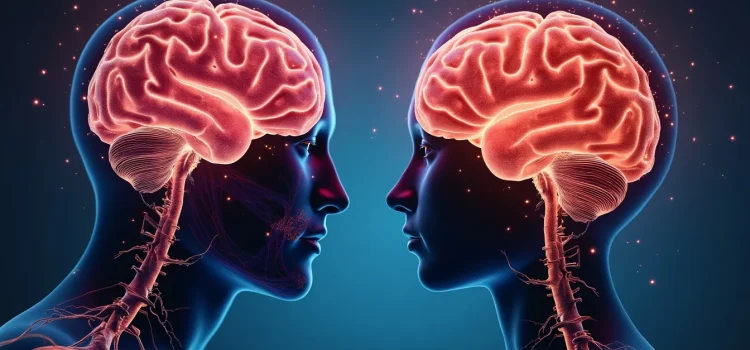How do our brains represent the world around us? How accurate are these mental representations? In The Blank Slate, Steven Pinker argues that the mainstream view of human nature is false. Then, he seeks to replace it by showing that science establishes an alternative conception of human nature. The first component of the scientific view of human nature is accurate mental representations. Read more to understand why Pinker believes our brains have evolved to use categories, languages, and images to accurately represent the world.
3 Mental Representations Our Brains Use (Steven Pinker)










